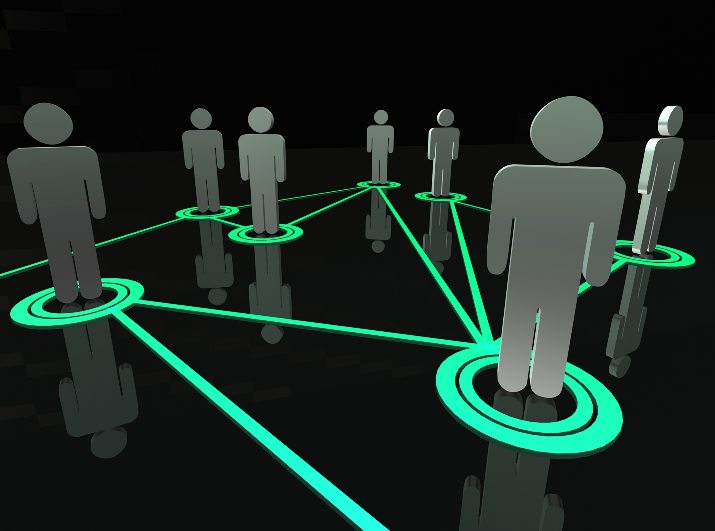The Economics Of The Sports Illustrated Swimsuit Edition
February 16, 2013 in Daily Bulletin
The latest Sports Illustrated: Swimsuit Edition is out now. Dina Spector looked at some of the economics behind it:
- The swimsuit edition sells 1 million copies – up to 15 times as many as other issues.
- Not only has it brought in more than $1 billion for its parent company, it also boosts sales of the products that are advertised in its pages.
- It is the single best-selling issue produced by Time Inc.’s entire portfolio of magazines.
- Before it became its own stand-alone edition, it started off as a small supplement to the main magazine in 1964 to give readers something to be interested in during the winter when no major sporting events take place.
Find out how much the magazine brings in ad sales, the best-selling issue of all time, the future of the issue and more over here.
Source: Yahoo Finance

















Join the Discussion! (No Signup Required)